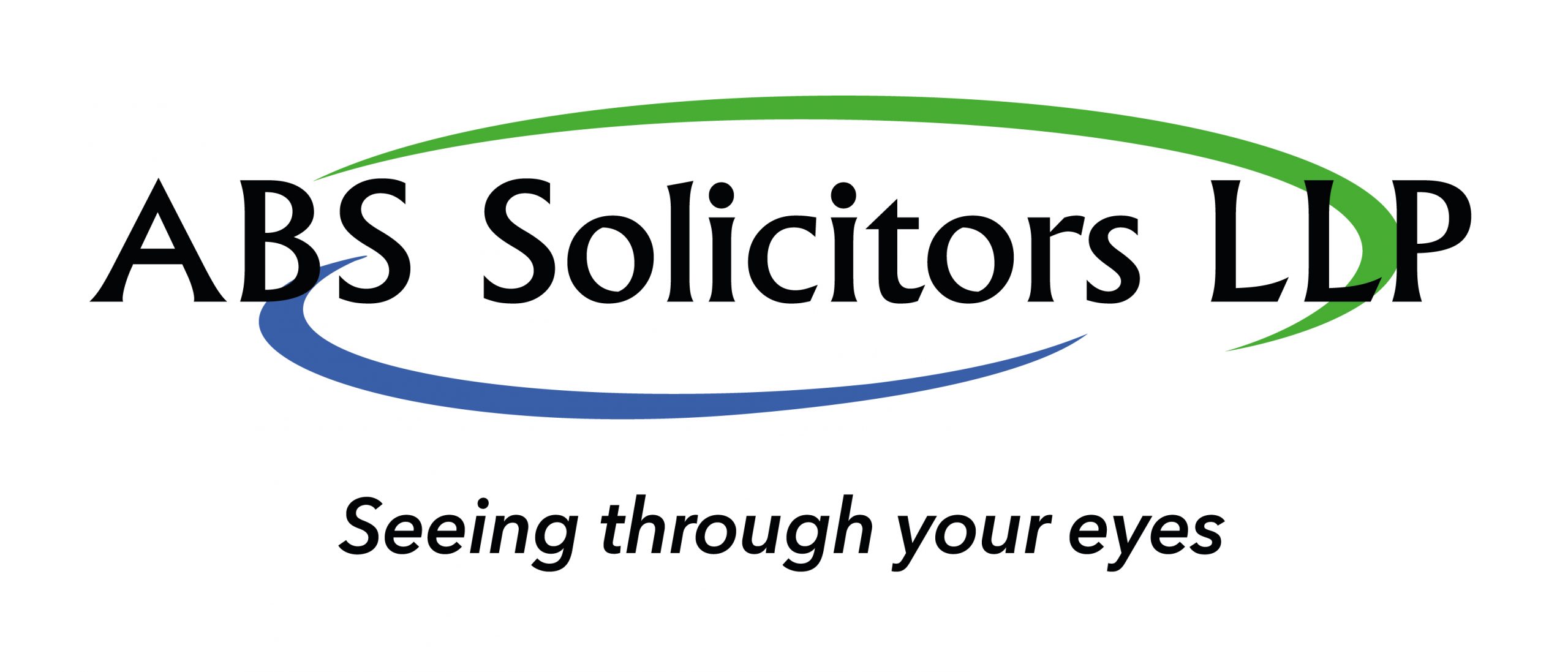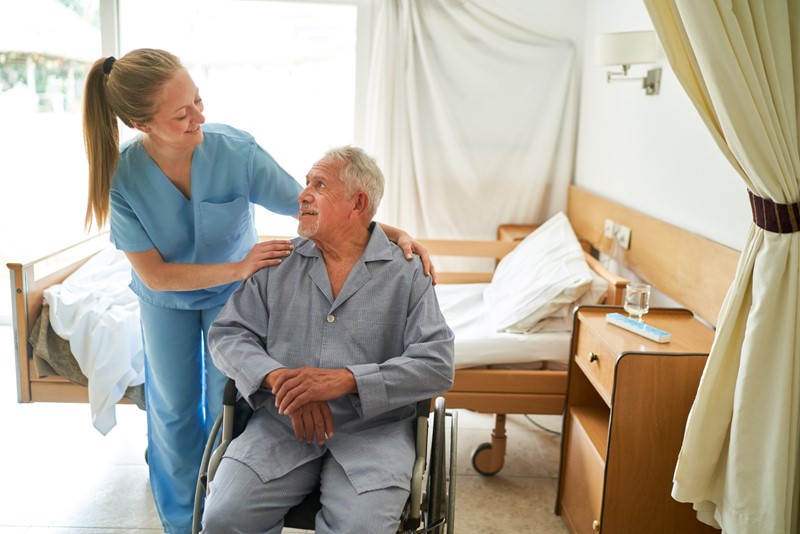The High Court was faced with the question of when a private care provider exercises a public function for the purposes of Section 6 of the Human Rights Act 1998 (HRA 1998).
Background:
Paul Sammut was born in February 1983 and suffered from chronic, treatment-resistant schizophrenia. For much of his adult life, he was detained under Section 3 of the Mental Health Act 1983 (MHA 1983). In February 2018, he was moved from a secure hospital to a facility operated by the defendant where he died on the 20th of April, 2019. The medical cause of death was found, following an inquest, to be bronchopneumonia, large intestinal obstruction and faecal impaction related to the side effects of Clozapine – an atypical anti-psychotic used to treat schizophrenia.
Paul's estate, his mother, his sister, and his nephew commenced proceedings against the first defendant and the Greater Manchester Mental Health NHS Foundation Trust. They asked for damages for clinical negligence and false imprisonment pursuant to Sections 6 and 7 of the HRA 1998 in respect of each defendant relying on breaches of Articles 2, 3, 5, and 8. The care provider sought to strike out the claim on the basis that it was not a public authority and so no remedy could be granted under the HRA 1998.
Decision:
The High Court struck out the HRA 1998 claim, as the first defendant was not a public authority under Section 6 of the HRA or exercising a public function under Section 73 of the Care Act 2014. The Court reached that decision based on the Supreme Court decision in YL v Birmingham City Council [2007] that private care homes do not perform a public function due to a lack of special statutory powers. The care home in question was not funded through public means so as to classify it as performing any public function. There was also an absence of statutory powers or obligations on the part of the defendants. His Honour Judge Bird noted, “In my judgement it is clear that the first defendant's functions were entirely private and (as in YL) it was simply carrying business (which happened to have – at least in the abstract – some social utility) for a profit.”
Moreover, the issue was the quality of the medical care provided which, even if delivered negligently, would not have engaged any operational obligation owed to the deceased.
The Judge continued and said that, in any event, he would have struck out the Article 2 claim as the claimants failed to establish a sufficient connection between the defendant’s actions and the alleged breach of Article 2. Moreover, Article 2 requires "very exceptional circumstances" before the State could become responsible for the acts and omissions of healthcare providers who were not present.
Implications:
This ruling highlights that, outside the scope of Section 73 of the Care Act 2014, the ratio in YL remains valid. It shows how difficult it is to classify private entities as being public authorities or carrying out public functions. If Mr. Sammut’s care had been so funded, then Section 73 of the Care Act would have applied, and the care provider would have been regarded as a public authority.
Regarding Article 2, it requires a very high standard which is not easily met. It is important to note that this decision does not mean that the estate has no claim against the care provider as the claim is only related to the HRA, though not in relation to any clinical negligence arising.

